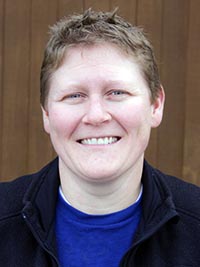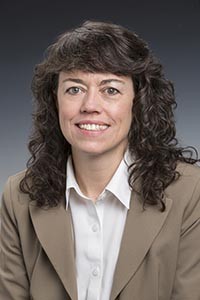By Amanda Bauer, President of the Council’s Board of Directors and Donna Schantz, Executive Director.


In 1990, just after the worst oil spill the U.S. had ever seen, Congress was tasked with creating legislation that would prevent such a disaster from happening again. One goal of the resulting legislation, the Oil Pollution Act of 1990, was to foster long-term partnership and build trust between industry, government, and local communities. To help accomplish this, the Act mandated regional citizens’ advisory councils to help monitor the oil industry in Prince William Sound and Cook Inlet.
Great visionaries began this experiment in building partnership and trust. While some of these people are no longer with us, we still share the vision that motivated them.
Today, the council still works to find common ground between citizens, the oil industry, and regulators in order to develop the trust necessary to build and maintain the safest marine transportation system in the world.
Changes to the escort system require partnerships
The future of the system of escort and oil-spill response tugs and barges in Prince William Sound is perhaps the most crucial issue we face in the immediate future. Alyeska Pipeline Service Company recently announced it is hiring a new contractor to provide these important oil spill prevention and response services. Crowley Marine Services has held the contract since 1995, and has provided docking services for oil tankers at the Valdez Marine Terminal since start-up in 1977. As of June 2018, the new contractor will be Edison Chouest Offshore.
This transition must be handled carefully, as it will entail extensive training for new crews on complex equipment in the challenging, and potentially unfamiliar, environments of Prince William Sound and the Gulf of Alaska.
While our concern is heightened over the coming changes, we are dedicated to working with Alyeska, regulators, and the new contractor, to develop the trust and partnership that will make sure the highest of standards of care are preserved for oil spill prevention and response in Prince William Sound and the Gulf of Alaska.
Our job is to monitor and advise industry and regulators on oil spill prevention and response plans as well as changes to government policies, permits and regulations. We share our recommendations to improve safety, environmental protections, and the process for citizen involvement with our industry and government partners.
The lack of major crude oil spills in Prince William Sound since 1989 should be celebrated as a sign that the partnership envisioned after the Exxon Valdez spill has been a success. It indicates that the prevention measures put in place since then have been effective. Even the best of systems can be improved, so now, more than ever, we at the council will remain vigilant, and work together to combat the complacency identified as a root cause of the Exxon spill.